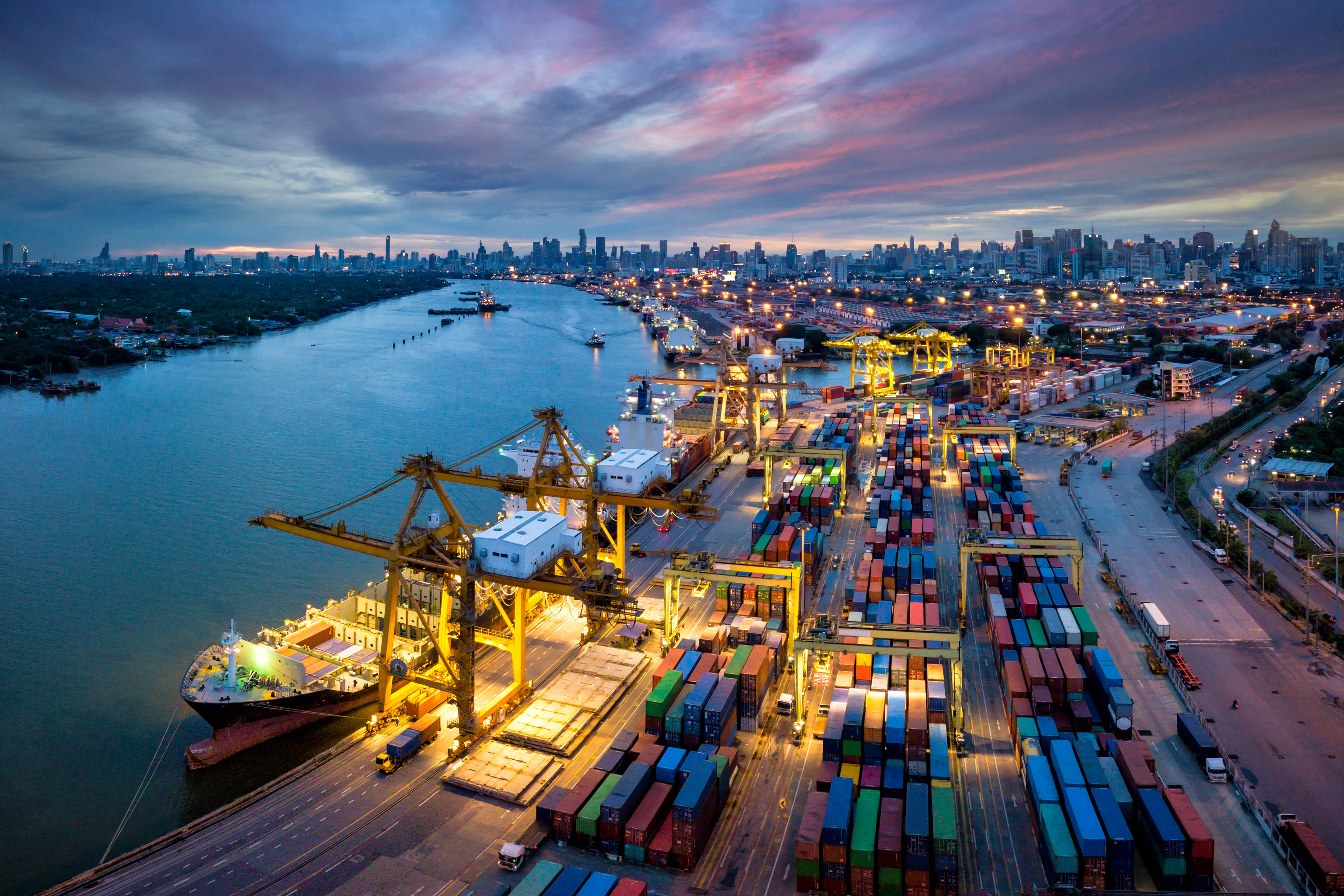EY refers to the global organization, and may refer to one or more, of the member firms of Ernst & Young Global Limited, each of which is a separate legal entity. Ernst & Young Global Limited, a UK company limited by guarantee, does not provide services to clients.

New carbon pricing mechanism brings complex new reporting requirements and will have implications for supply chain management from the very outset.
In brief
- New carbon regime is designed to support the achievement of a climate neutral Europe by 2050.
- CBAM should help to ensure a level playing field within Europe, particularly with respect to carbon pricing.
- CBAM initially will apply to a limited number of product categories and then the scope may be extended to cover other product categories including organic chemicals and polymers.
Supply chain management is about to become a lot more complicated. The EU Carbon Border Adjustment Mechanism (CBAM) is set to come into effect on 1 October 2023, bringing with it a new set of reporting requirements for importers into the EU.
There will be a four-year transitional period from 1 October 2023, during which businesses will only have reporting obligations. From 1 January 2027, when the mechanism is expected to be fully implemented, liable companies will also bear the financial burden by being required to pay guarantees and purchase CBAM certificates.
CBAM is a new mechanism to assist the EU in meeting its aim to reduce the risk of carbon leakage into the bloc as a result of imports from countries with less stringent carbon pricing regimes. In essence, it imposes an additional cost on carbon emissions that occur during the production of certain categories of products that are imported into the EU from countries where these emissions are not taxed or taxed at a disproportionately lower rate compared to the carbon pricing regimes within the EU.
Design of new regime
The new regime is designed to support the achievement of a climate neutral Europe by 2050 as well as the interim target of reducing emissions by 55% from 1990 levels by 2030, in line with the ambitions of the European Green Deal. It is also hoped that the policy measure will encourage other jurisdictions to adopt climate policies similar to those of the EU.
In addition, the mechanism will address concerns expressed by many European businesses in relation to the potential for enterprises located outside of the bloc to gain competitive advantage due to lower rates of carbon pricing. CBAM should help to ensure a level playing field within Europe, at least where carbon pricing is concerned.
The mechanism has been the subject of dialogue and negotiation between the European Parliament and the European Commission since July 2021, when it was first proposed by the Commission as part of its Fit for 55 climate package. Political agreement was reached between the Parliament and the European Council in December 2022 and CBAM is now awaiting formal approval by the two institutions before it is adopted as a regulation and becomes law.
At present, CBAM will apply to a limited number of product categories including iron and steel along with some downstream products; cement; aluminium; fertilisers; electricity; and hydrogen. The scope may be extended to cover other product categories including organic chemicals and polymers in the coming years.
Impact on supply chains
While the direct financial impact of the mechanism will not be felt until 2027, there will be implications for supply chain management from the very outset.
In the first instance, businesses will need to put systems in place
to ensure that the correct periodic declarations are submitted in a
timely manner for any imports which fall with the scope of CBAM.
They will also need to ensure that suppliers are authorised to make declarations under the mechanism. Only businesses recognised as authorised declarants based on a license issued by the appropriate authorities may file CBAM declarations.
Rules of origin will also be important. CBAM applies to all countries outside of the European Economic Area – EU member states, Iceland, Lichtenstein, Norway, and Switzerland. It, therefore, covers the UK. While electricity from Northern Ireland is exempt, it has yet to be seen how it might impact goods produced there.
In these circumstances, Irish businesses will need to interrogate their entire value and supply chains to determine which products and suppliers will be impacted by the mechanism. Those impacts may be either direct or indirect and businesses will need full visibility across their entire supply chains to be able to assess them properly.
The added complexity introduced by the new reporting regime
may require businesses to take action to reshape supply chains in
the near term.
For the longer term, the declarations will provide a line of sight on potential additional costs which may arise following the full implementation date in 2027. Businesses will, therefore, have time to prepare and make changes to mitigate cost increases.
In this context, there are a number of actions which Irish businesses with supply chains affected by CBAM should take. These include:
Summary
There is no doubt that CBAM will have far reaching implications for Irish businesses. But businesses have been given the gift of time, time to prepare for transitional reporting requirements later this year and time to plan for full implementation of CBAM measures from 1 January 2027.
Related articles
How Irish organisations can rethink their supply chain models
Supply chains need to shift from linear models to multi-dimensional agile designs to meet the challenges presented by a disruptive world. Find out how..




